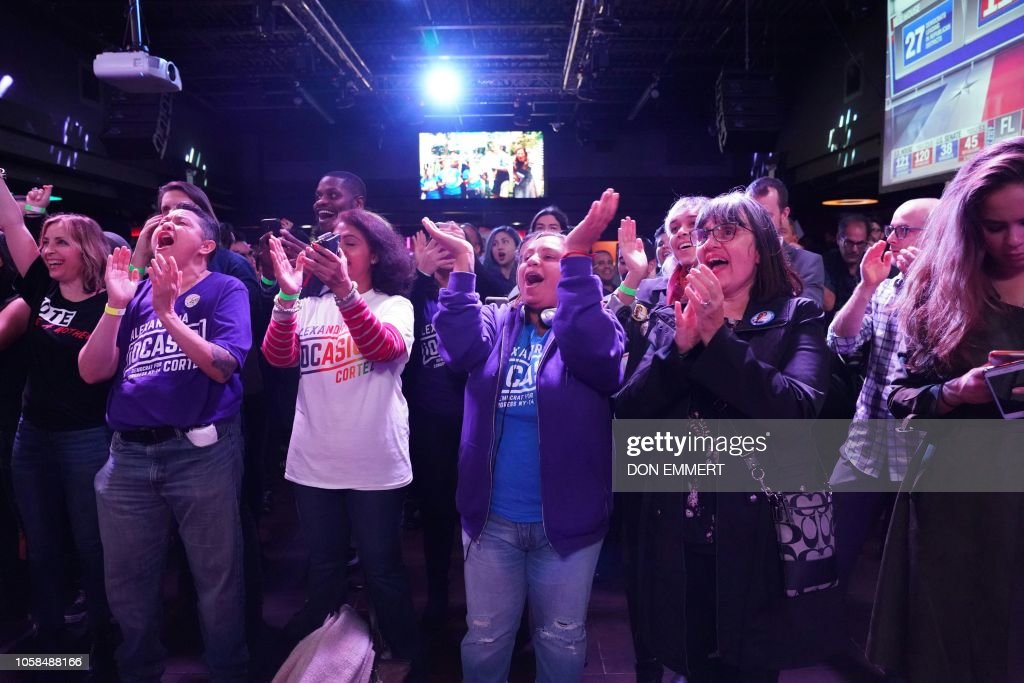Waging Nonviolence | October 25, 2022
As social movements move beyond the default anarchist sensibility that prevailed through Occupy, they must reckon with hard questions about bureaucracy and cooptation.
In 2002, in the midst of a wave of global resistance to corporate globalization that would produce major protests at trade meetings from Seattle to Genoa to Hong Kong, a book appeared that captured much of the spirit of the period’s activism. Written by John Holloway, an Irish-born political theorist who had long made his home in Mexico, it was entitled “Change the World Without Taking Power.” The volume, which argued that “the radical change that is so urgent cannot be brought about through the state,” made Holloway a prominent voice on the international left. A decade later, U.S.-born anthropologist David Graeber gained a wide hearing while championing the anarchist elements of Occupy Wall Street and defending the movement’s suspicion of engaging with established political institutions. “[T]he refusal to make demands,” he would write, “was, quite self-consciously, a refusal to recognize the legitimacy of the existing political order of which such demands would have to be made.”
In staking out such ground, these two thinkers took firm positions on a question of perennial concern to social movements: Should we maintain independence and function as a critical force outside of mainstream politics, or should we attempt to take hold of the levers of institutional power in order to create change?
In the period between the end of the Cold War and Occupy’s emergence in the Obama years, a pronounced anarchist disposition held sway on the left, both in the U.S. and internationally. This was particularly true in the mass protest movements that produced some of the era’s defining confrontations. This sensibility was profoundly distrustful of the American two-party system and wary of mainstream politicians who might attempt to co-opt movement issues and energies. For thinkers such as Holloway and Graeber, the price of playing the game of insider politics was simply too high. Movements, they believed, did better to work from the outside.


